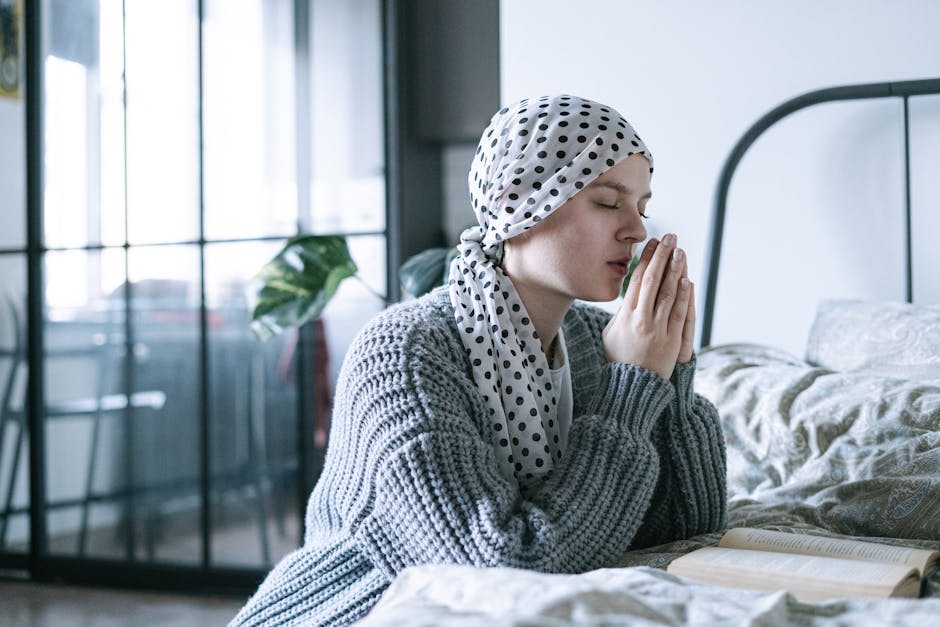Acne, a common skin condition that affects millions worldwide, can leave behind unsightly scars and dent your confidence. But fear not! With the right knowledge and treatments, you can effectively combat acne and restore your skin to its former glory.
**Understanding Acne**
Acne occurs when the sebaceous glands in the skin overproduce sebum, an oily substance that helps keep the skin moist. This excess sebum can clog pores, creating the perfect environment for bacteria to thrive. When the bacteria multiply, they trigger inflammation, leading to the formation of red, swollen pimples.
**Types of Acne**
There are several types of acne, including:
* **Non-inflammatory acne:** Blackheads and whiteheads
* **Inflammatory acne:** Papules, pustules, nodules, and cysts
**Causes of Acne**
Acne is primarily caused by hormonal changes, particularly during puberty. Other factors that can contribute to acne include:
* Stress
* Genetics
* Certain medications
* Poor skin hygiene
* Diet (e.g., high-glycemic foods)
**Treatment Options**
The choice of acne treatment depends on the severity and type of acne. Some common treatments include:
* **Topical medications:** These are applied directly to the skin to kill bacteria and reduce inflammation.
* **Oral medications:** These are taken by mouth to regulate hormones or fight infection.
* **Chemical peels:** These exfoliate the skin and remove dead cells that clog pores.
* **Laser therapy:** This treatment uses lasers to target and destroy acne-causing bacteria.
* **Light therapy:** This therapy uses blue or red light to kill bacteria and reduce inflammation.
**Prevention Tips**
While not all cases of acne can be prevented, there are some measures you can take to reduce your risk:
* Wash your face twice a day with a mild cleanser.
* Moisturize your skin regularly to prevent dryness, which can trigger acne.
* Avoid touching your face, as this can transfer bacteria to your skin.
* Manage stress, as it can worsen acne.
* Eat a healthy diet low in processed foods and sugary drinks.
**Seeking Professional Help**
If you are struggling to manage your acne on your own, it is crucial to consult a dermatologist. They can assess your skin, determine the type of acne you have, and recommend the most appropriate treatment plan.
**Conclusion**
Acne is a treatable skin condition. By understanding its causes, exploring different treatment options, and following preventive measures, you can effectively combat acne and achieve clearer, healthier skin. Remember, with the right approach, you can say goodbye to breakouts and restore your confidence.

